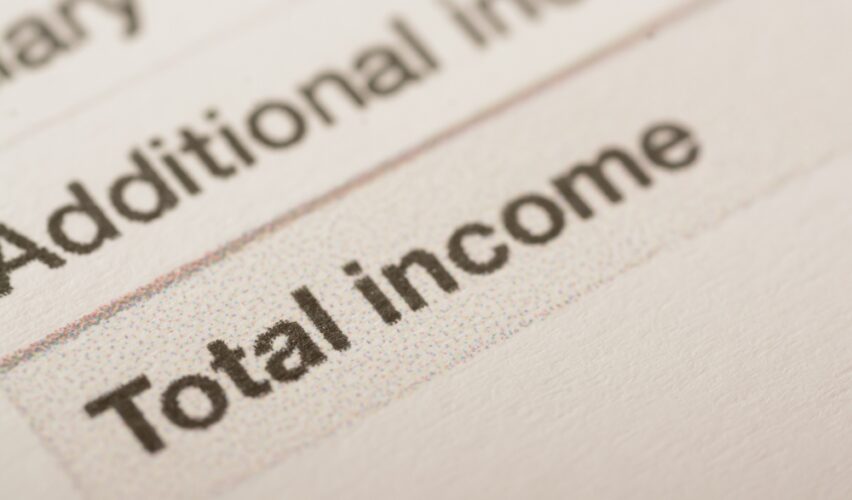If you’ve been doing your research you already know up to 90% of your FERS annuity is taxable as income and 50% to 85% of your Social Security is also subject to federal income taxes. Of course, since contributions to your traditional Thrift Savings Plan (TSP) are tax-deferred, 100% of your distributions are taxable. But it doesn’t end there – Uncle Sam taxes other types of your retirement income.
Qualified Annuities: since your contributions are tax-deferred, you’ll owe federal income taxes when you make withdrawals.
Non-Qualified Annuities: only the earnings portion of your withdrawal is taxable because your contributions are made with after-tax dollars,
Interest-Bearing Accounts: interest payments are taxed at ordinary income rates. (Note: municipal bond interest is exempt from federal income tax and may also be exempt from state income tax.)
Qualified & Non-Qualified Dividends: qualified dividends are taxed at long-term capital gains rates. Non-qualified dividends are taxed as ordinary income based on your federal income tax bracket.
Traditional IRAs & 401(k)s: withdrawals from tax-deferred traditional IRAs and 401(k)s are taxed as ordinary income but withdrawals before age 59 ½ are subject to a tax penalty.
Required Minimum Distributions (RMDs): at age 73, RMDs from your traditional TSP and other types of tax-deferred retirement accounts are subject to income taxes. These include 401(k) plans, 403(b) plans, 457(b) plans, and profit-sharing plans.
Roth IRAs: withdrawals that start five years after the first contribution are tax-free including gains. However, withdrawals before age 59½ are subject to a tax penalty.
Savings Bonds Interest: bond interest is taxable at ordinary income rates upon maturity or redemption.
“Without strategically planning ahead for higher taxes, Uncle Sam may take a bigger bite out of your retirement income than you realize.”
Home Sales: for those who downsize their home in retirement, primary home sale gains over $250,000 for singles (and over $500,000 for married couples) are taxable.
State Taxes: rules for taxes on retirement income differ from state to state. Some states don’t tax personal income no matter what the source. When it comes to Social Security, 11 states tax Social Security but may reduce or exempt taxes based on your adjusted gross income (AGI). The majority of states will tax at least a portion of your FERS annuity but it’s important to check state tax laws to see if any exemptions or income thresholds apply. For more information, read: What You Need To Know About State Taxes On Your Retirement Income.
Without strategically planning ahead for higher taxes, Uncle Sam may take a bigger bite out of your retirement income than you realize. An FRC® trained advisor can connect you with a highly experienced tax professional who understands your federal benefits.


























